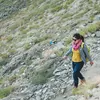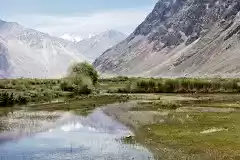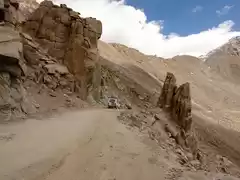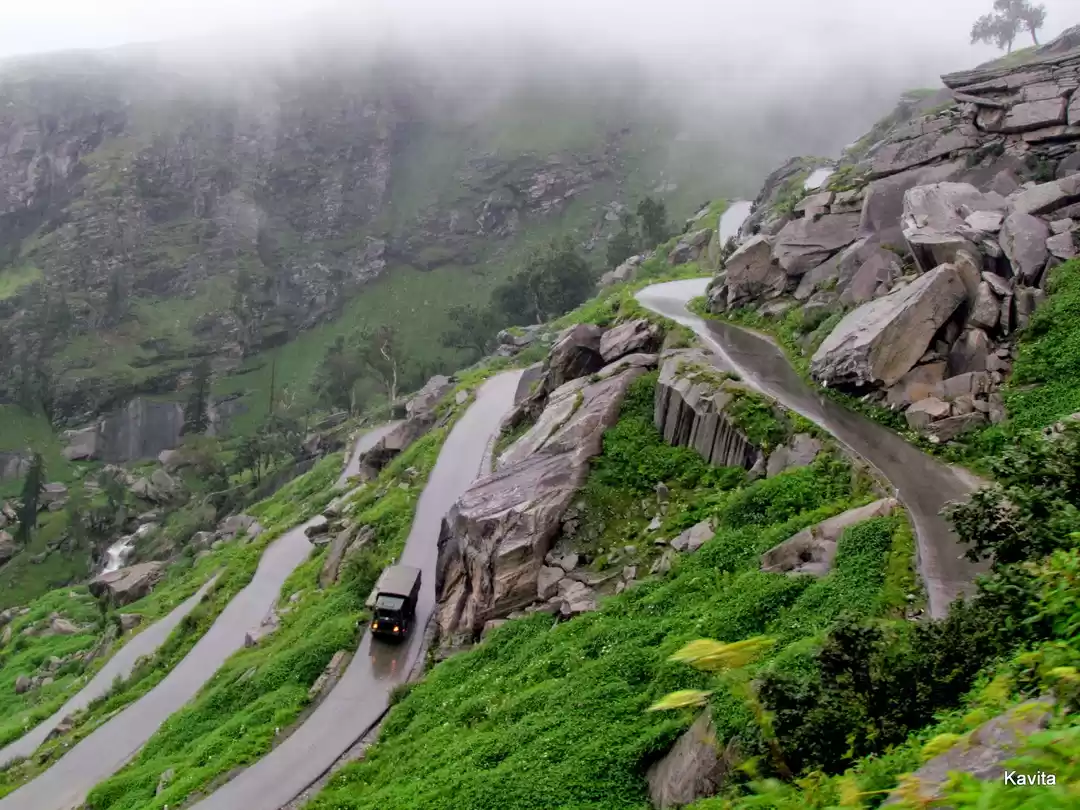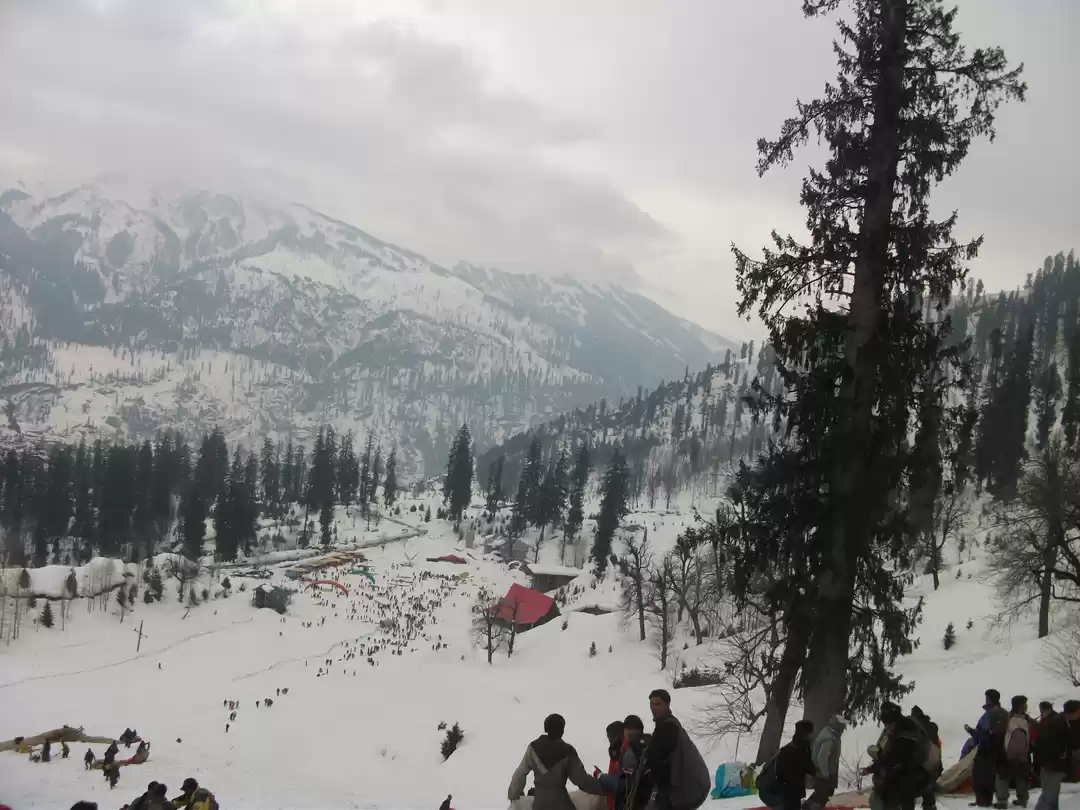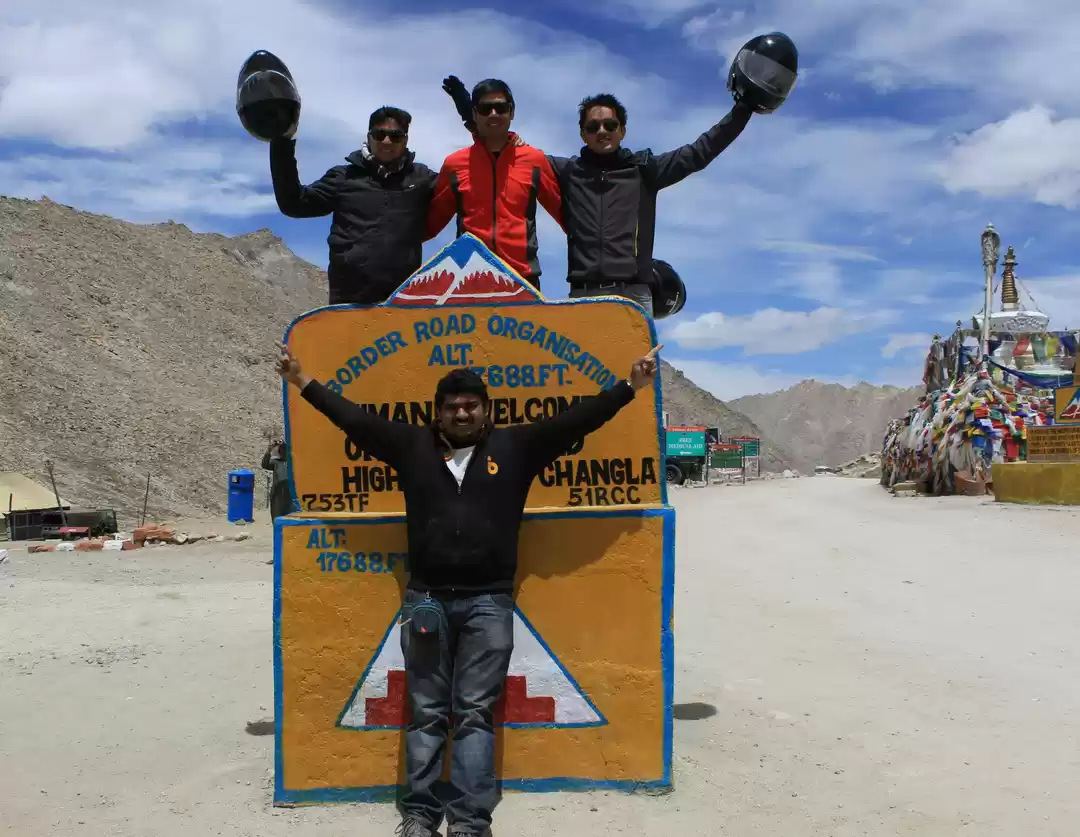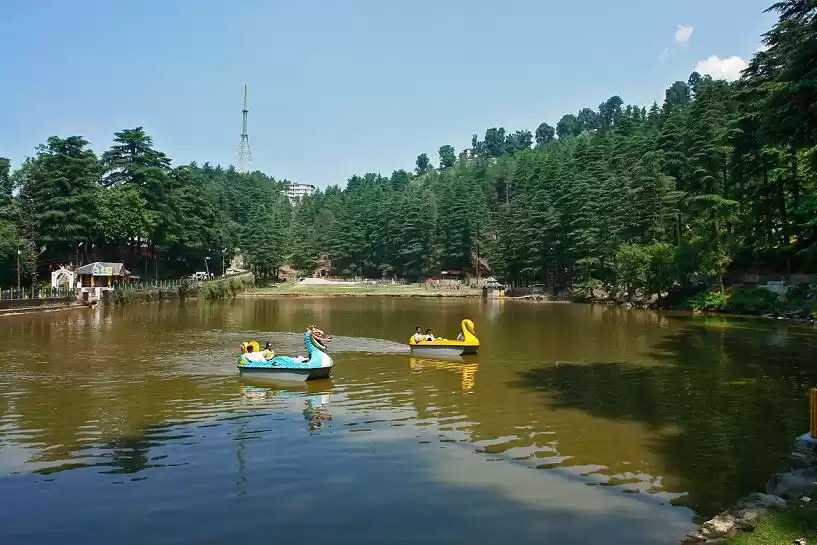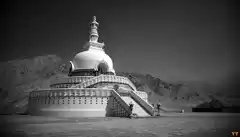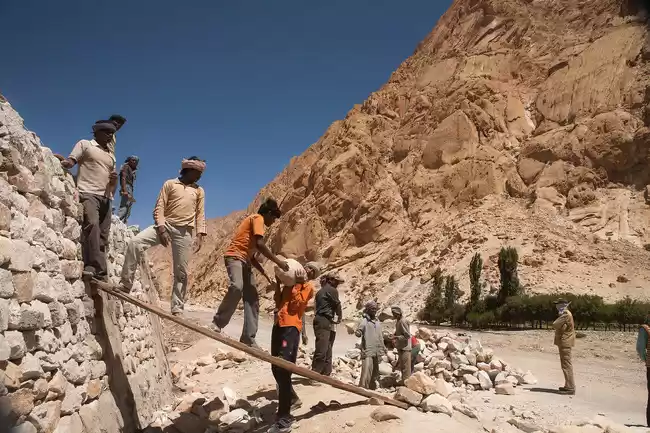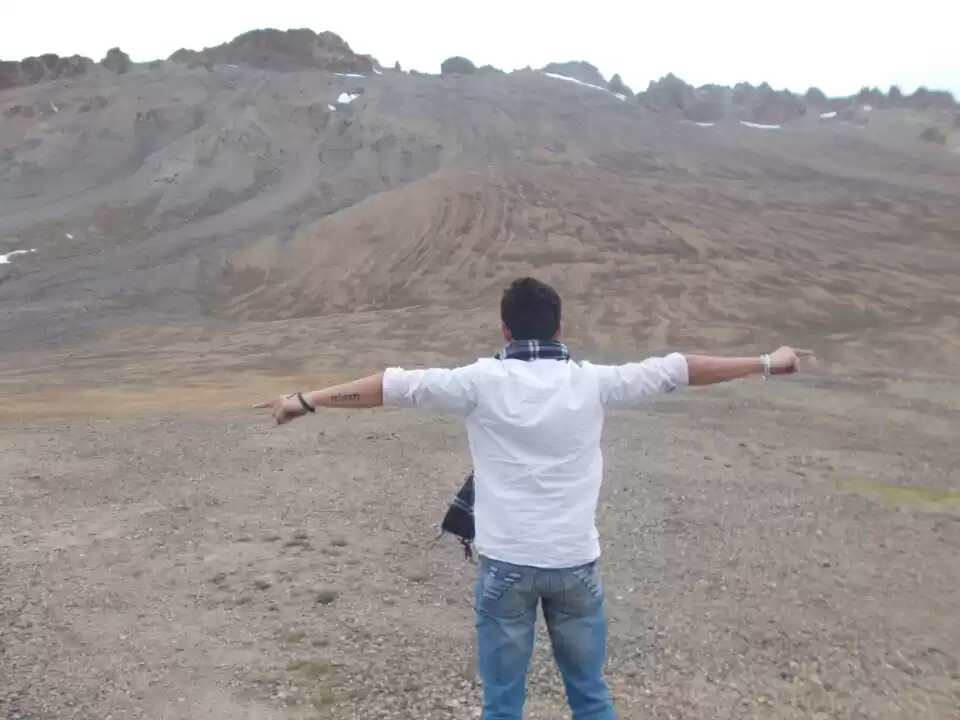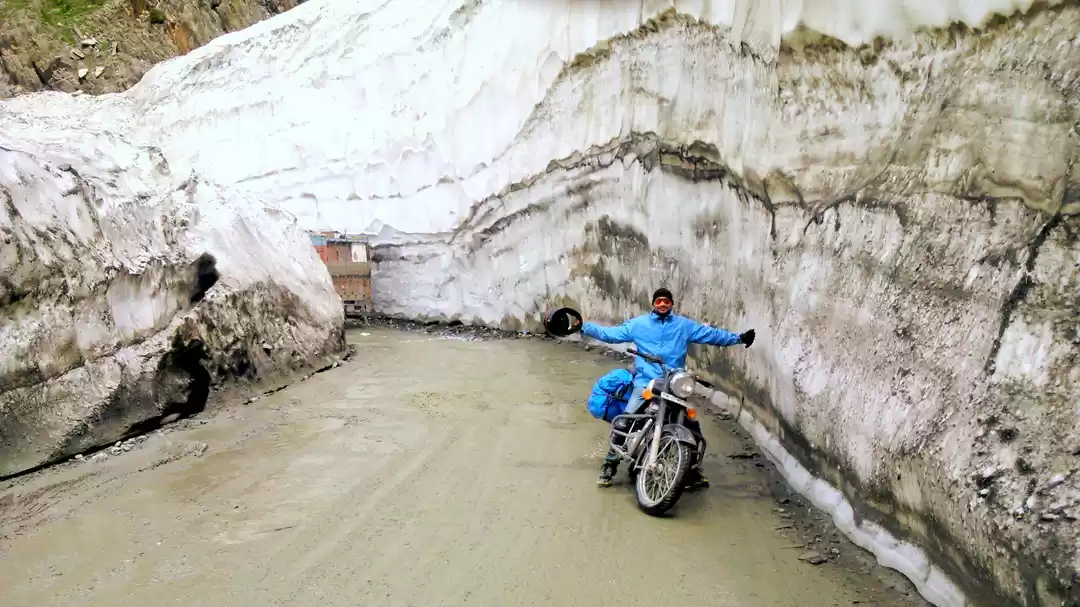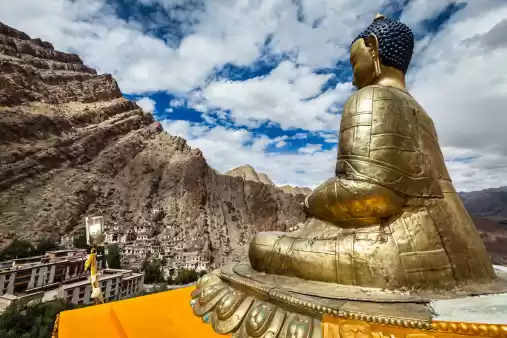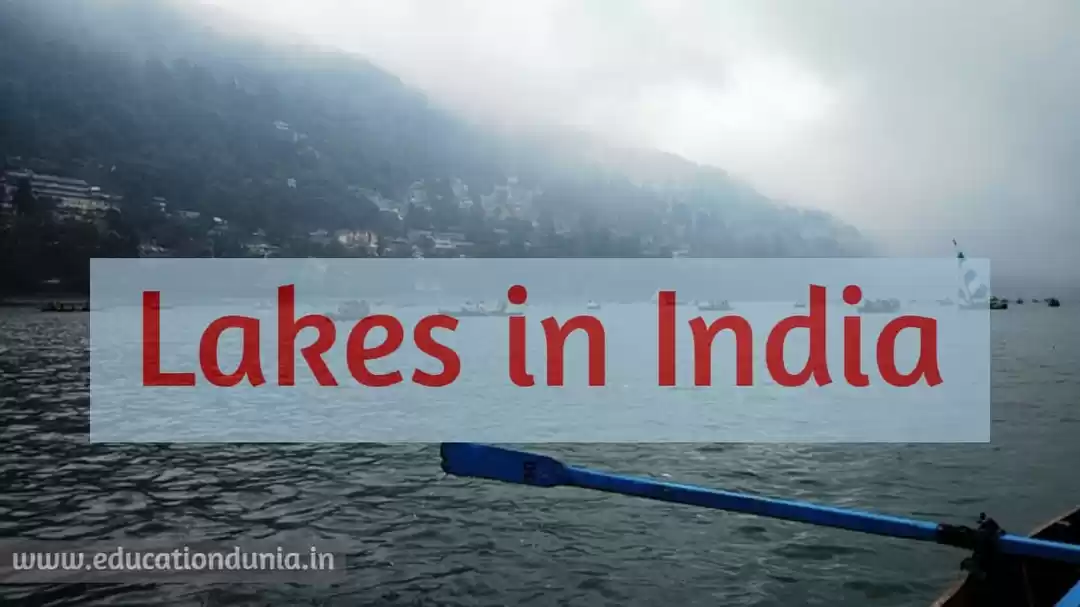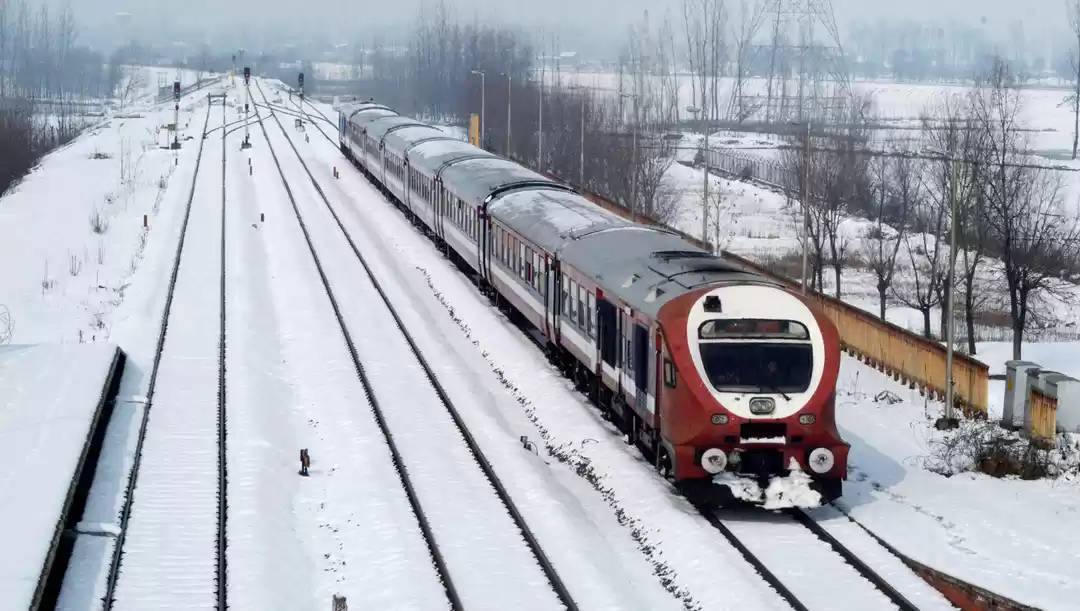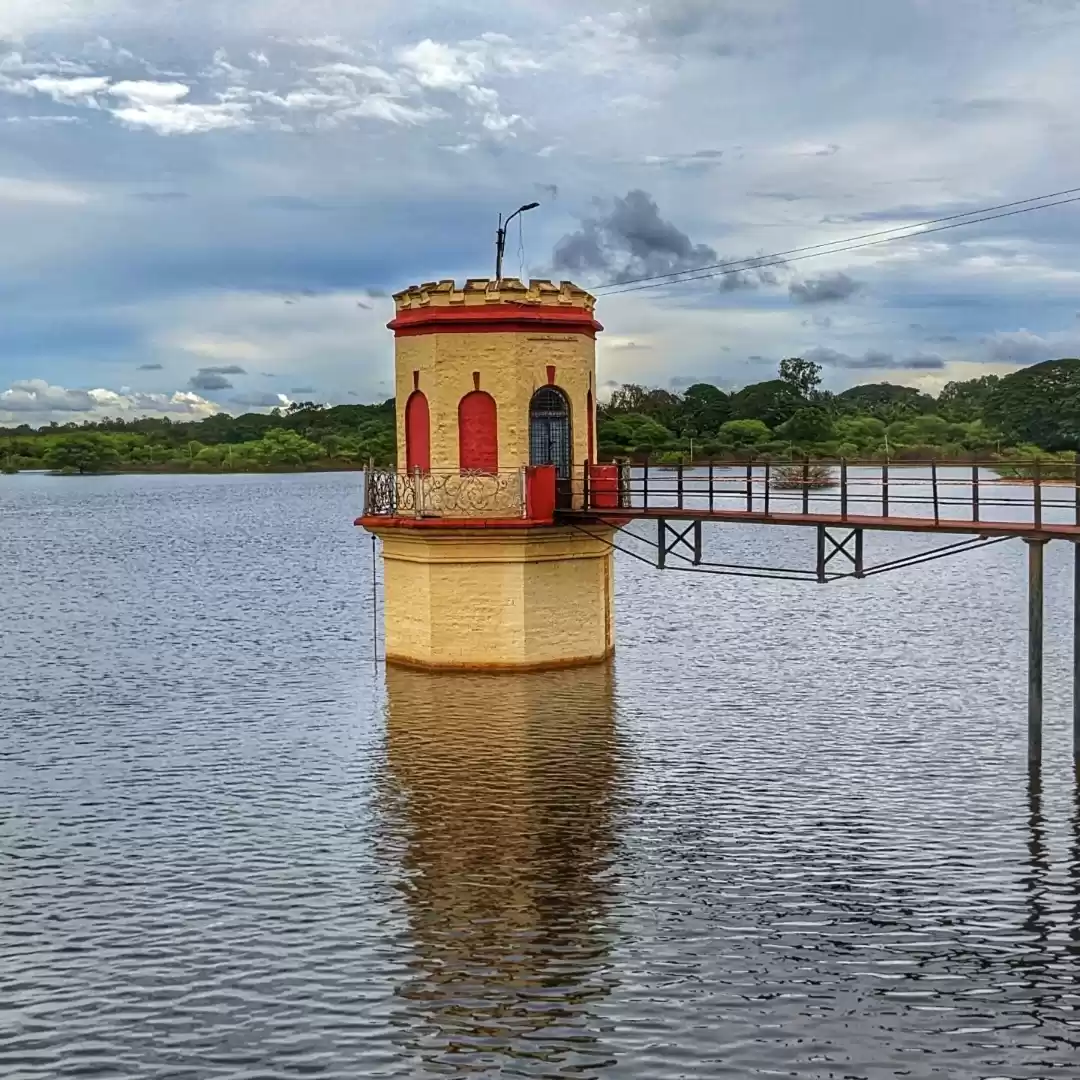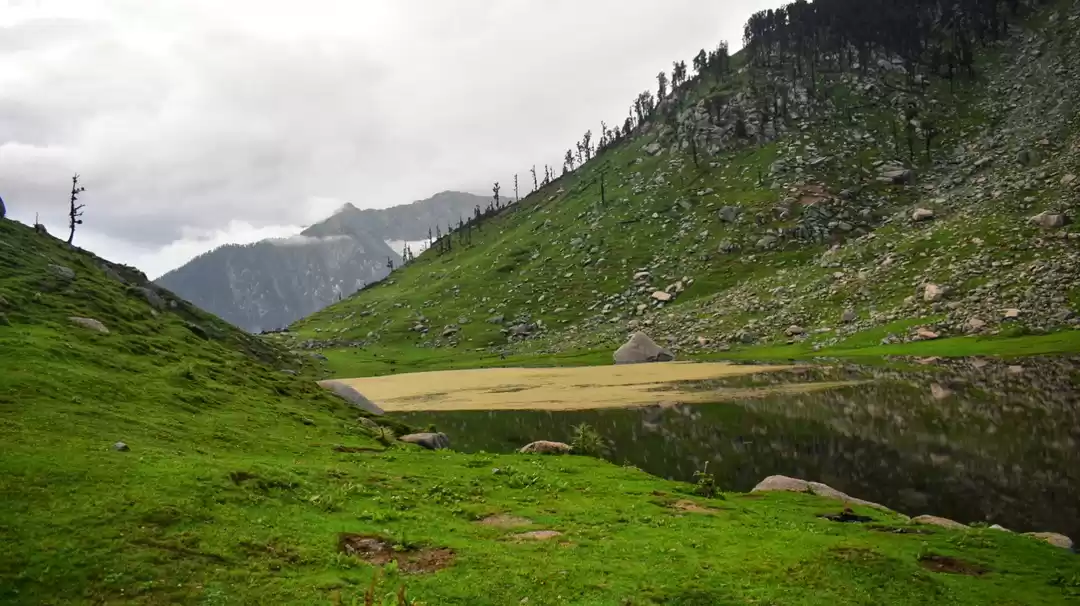Wular Lake is a hidden gem in the scenic valley of Srinagar, Jammu and Kashmir. It is the largest freshwater lake in India, covering an area of about 200 square kilometres. It is also a Ramsar Site, which means it is a wetland of international importance for its biodiversity and ecological functions. Wular Lake is home to a variety of fish and bird species, some of which are endangered or endemic. It is also a popular destination for boating, water skiing, fishing, birdwatching, and sunset viewing. If you are looking for a serene and adventurous getaway, Wular Lake is the perfect place for you.
In this article, we will tell you everything you need to know about Wular Lake, its history, ecology, attractions, activities, and travel details.

Wular Lake: History and Ecology
Wular Lake has a rich and fascinating history that dates back to ancient times. According to legend, the lake was formed when a sage named Kashyap drained a large part of Kashmir to make it habitable. He created an outlet for the water, which is now known as the Jhelum River. The lake was originally called Mahapadmasar, which means the lotus lake. It was later renamed as Wular, which means stormy in Kashmiri, due to its unpredictable weather and water level.
Wular Lake is not only a historical landmark, but also an ecological wonder. It is one of the 26 wetlands of India, and plays a vital role in maintaining the hydrological balance and climate of the region. It also supports a rich biodiversity, especially of fish and bird species. Some of the fish species found in the lake are carp, trout, rohu, catfish, and schizothorax. Some of the bird species found in the lake are kingfisher, heron, egret, cormorant, and migratory ducks and geese. The lake also hosts a variety of aquatic plants, such as lotus, water lily, water chestnut, and water caltrop.
Wular Lake is also a site of conservation efforts, as it faces several threats from human activities, such as deforestation, pollution, siltation, and encroachment. The Wular Conservation and Management Authority (WUCMA) was established in 2012 to protect and restore the lake and its surroundings. Some of the initiatives taken by WUCMA include afforestation, dredging, demarcation, waste management, and awareness campaigns.
Wular Lake: Attractions and Activities
Wular Lake is not only a natural beauty, but also a hub of attractions and activities for visitors. Whether you are a nature lover, an adventure seeker, or a culture enthusiast, you will find something to enjoy at Wular Lake. Here are some of the attractions and activities that Wular Lake offers:
Boating: One of the best ways to experience the beauty and tranquility of Wular Lake is by boating. You can hire a shikara, which is a traditional wooden boat, or a motorboat, and cruise along the calm waters of the lake. You can also admire the stunning views of the snow-capped mountains, the lush green meadows, and the colourful flowers that surround the lake.
Water Skiing: If you are looking for some thrill and excitement, you can try water skiing at Wular Lake. It is one of the few places in India where you can enjoy this water sport, which involves gliding on the surface of the water while being towed by a boat. You can also learn the basics of water skiing from the instructors available at the lake.
Fishing: Wular Lake is a paradise for anglers, as it boasts of a rich and diverse fish population. You can catch some of the finest and tastiest fish in the lake, such as carp, trout, rohu, and schizothorax. You can also enjoy the local delicacies made from fresh fish at the nearby restaurants and stalls.
Birdwatching: Wular Lake is a haven for birdwatchers, as it hosts a variety of resident and migratory bird species. You can spot some of the rare and exotic birds in the lake, such as kingfisher, heron, egret, cormorant, and migratory ducks and geese. You can also observe their behaviour and habits, such as feeding, nesting, and flying. You can also take some amazing photos of the birds and their habitats.
Sunset Viewing: One of the most mesmerizing and romantic things to do at Wular Lake is to watch the sunset. You can witness the spectacular sight of the sun setting behind the mountains, and the sky changing colours from orange to pink to purple. You can also see the reflection of the sun and the sky on the water, creating a magical effect. You can also enjoy the cool breeze and the soothing sound of the water, while holding hands with your loved one.
Wular Lake: Travel Details and Tips
Wular Lake is a must-visit destination for anyone who loves nature and adventure. However, before you plan your trip, you need to know some practical and useful information about the lake, such as the best time to visit, how to reach, where to stay, what to eat, and what to pack. Here are some travel details and tips for visiting Wular Lake:
Best Time to Visit: The best time to visit Wular Lake is from April to October, when the weather is pleasant and the lake is full of water and life. You can enjoy the various activities and attractions at the lake, as well as the scenic beauty of the valley. However, you can also visit the lake in winter, from November to March, when the lake is frozen and covered with snow. You can enjoy the serene and surreal atmosphere of the lake, as well as the winter sports and festivals in the region.
How to Reach: Wular Lake is located about 60 kilometres north of Srinagar, the capital city of Jammu and Kashmir. You can reach Srinagar by air, rail, or road, from any major city in India. From Srinagar, you can take a bus, a taxi, or a private vehicle to reach the lake. The nearest bus stop is at Bandipora, which is about 15 kilometres from the lake. The nearest railway station is at Sopore, which is about 30 kilometres from the lake. The nearest airport is at Srinagar, which is about 65 kilometres from the lake.
Where to Stay: Wular Lake does not have many accommodation options, as it is a remote and protected area. However, you can find some guest houses, homestays, and campsites near the lake, which offer basic amenities and services. You can also stay at Srinagar, which has a wide range of hotels, resorts, and houseboats, catering to different budgets and preferences. You can also book your stay online through Tripoto, which offers some of the best deals and discounts for your travel.
What to Eat: Wular Lake does not have many restaurants or cafes, as it is a rural and natural area. However, you can find some local stalls and vendors near the lake, which serve some delicious and authentic Kashmiri cuisine. You can try some of the dishes made from fresh fish, such as rogan josh, yakhni, and gushtaba. You can also try some of the vegetarian dishes, such as dum aloo, haak, and nadru. You can also enjoy some of the snacks and beverages, such as kahwa, nun chai, and bakarkhani.
What to Pack: Wular Lake is a place where you need to be prepared for any weather and situation. You need to pack some essential items, such as warm clothes, sunscreen, sunglasses, hat, umbrella, raincoat, shoes, socks, water bottle, snacks, camera, binoculars, first aid kit, and medicines. You also need to pack some documents, such as your identity proof, travel tickets, hotel bookings, and Tripoto itinerary. You also need to pack some cash, as there are not many ATMs or card machines near the lake.
Conclusion
Wular Lake is a place where you can experience the best of nature and adventure. It is a place where you can witness the beauty and diversity of the largest freshwater lake in India and a Ramsar Site of international importance. It is a place where you can enjoy the various attractions and activities that the lake offers, such as boating, water skiing, fishing, birdwatching, and sunset viewing. It is a place where you can learn more about the history, ecology, and culture of the lake and its surroundings. It is a place where you can create some unforgettable memories with your family and friends. If you are ready to explore this paradise, book your trip to Wular Lake with Tripoto today. Tripoto is the ultimate travel platform that helps you plan, book, and share your travel experiences. Tripoto offers you some of the best travel packages, deals, and discounts for your trip to Wular Lake. Tripoto also provides you with some of the best travel guides, blogs, videos, and photos of Wular Lake, created by real travellers like you. Tripoto also connects you with a community of millions of travellers, who can help you with your travel queries and tips. So, what are you waiting for? Join Tripoto and discover the wonders of Wular Lake.


